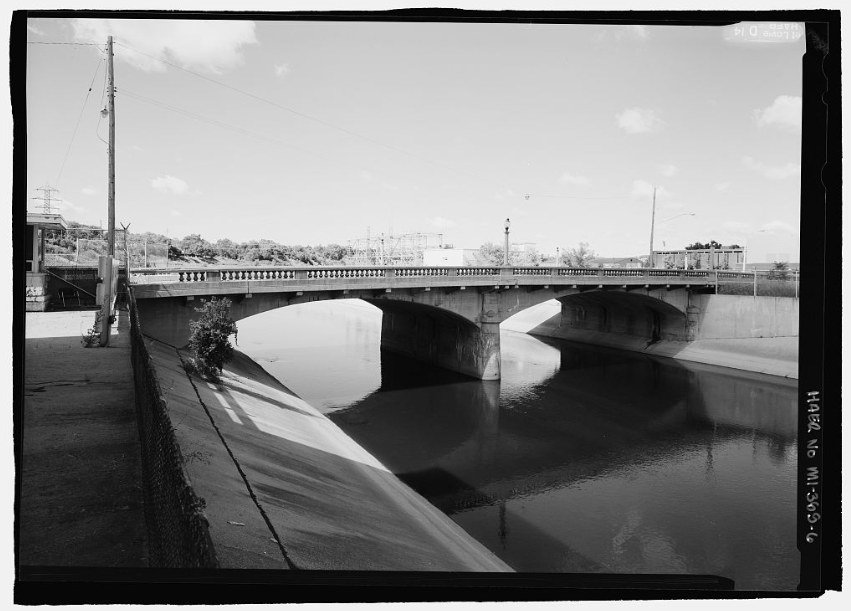
Docket number: 5:16-cv-10444 (E.D. Mich.)
Appellate case number: 22-1185 (6th Cir.)
The Hamilton Lincoln Law Institute filed objections on behalf of a group of Flint residents challenging plaintiffs’ attorneys’ excessive $202.76 million fee request from a $641 million settlement resolving claims against several defendants in connection with their alleged negligence and misconduct in the Flint water crisis. HLLI represents the Hall objectors—Flint residents and parents Raymond Hall, Robert Hempel, and Ashley Jankowiak—pro bono.
The settlement fund is intended to compensate both class members—adults and businesses exposed to poisoned Flint water or suffered property damage from the water—as well as children claimants who will have to deal with lifelong health effects of lead exposure caused by the 2014-15 Flint water crisis. Nearly 80% of the fund has been earmarked for lead-exposed children. Plaintiffs’ attorneys have asked for 31.6% of the settlement fund, including from claimants who never retained an attorney.
Michigan Attorney General Dana Nessel signed off on the settlement terms for the State of Michigan defendants, and the settlement prohibits the settling defendants from contesting the $202.76 million fee request—unless the court requests defendants’ position. The Hall objectors ask the court to seek comment from Attorney General Nessel and other defendants on the fee request.
The $202.76 million is nearly double the amount of fees ordinarily granted in cases of similar size. The partial settlement is not strictly a class action, but the fee request is still exorbitant compared to other mass tort settlements where attorneys do not charge a high percentage of the recovery. Normally, only those claimants who decide to retain attorneys with high contingency fees must pay high rates like the 27% assessments that would be charged to unrepresented claimants under the fee request. The Hall objectors ask that these special assessments be removed from the fee request.
Additionally, the 27% cap proposed for individually-retained fee agreements is very high considering that the settlement makes processing of individual claims much easier. As in the NFL concussion case (which imposed a 22% fee cap after an expert recommended a 15% cap), “courts must curb excessive or unreasonable fees to safeguard the public’s perception of the courts and the legitimacy of the legal system’s handing of massive MDLs and class actions.” The Hall objectors believe the court should order more transparency from the requesting firms and/or appoint an expert to recommend a more equitable fee cap in this case.
The objectors note that several of the records used to support the enormous fee request have been exaggerated. In particular, co-liaison counsel, Napoli Shkolnik, submitted a high-level billing summary for dozens of $500/hour “associates,” but these were temporary attorneys likely paid under $50/hour rather than attorneys employed by the firm. It appears that $11 million (69%) of the firm’s lodestar report is based on these “associates” who are low-paid temporary attorneys.
After filing their objection, objectors learned that the district court had held substantive off-the-record conferences excluding all objectors’ counsel. In one hearing, the court convinced Class Counsel to withdraw an motion to temporarily halt controversial bone lead testing, which enable claimants to earn larger awards, but which are not FDA-approved or even licensed by the state under regulations for radiation-emitting devices. In another hearing, occassioned by an order to show cause against another objector, the court instructed co-lead class counsel to write a letter in support of bone testing. The court apparently then had the letter re-written to omit concerns about the limited availability of bone testing. Hall objectors moved for the district court to cease such hearings and direct the parties to supplement the record so that objectors could learn what had transpired.
The district court denied the motion with prejudice, so on June 25, 2021 objectors moved for a writ of mandamus from the Sixth Circuit to prevent further hearings from occurring. On June 28, the Sixth Circuit ordered parties to respond to the petition by July 1, and invited the district court to do the same. The Sixth Circuit denied the petition on July 6.
The district court has scheduled a fairness hearing for July 12, 2021, and the Hall objectors, through HLLI attorney Frank Bednarz, intends to appear and present the objections, most likely on July 15.
Over the Hall objections, the district court granted the fee request with only a minor reduction on February 4, 2022.
Hall appealed the district court’s approval of the settlement and filed his opening brief on November 16, 2022. In his brief, Hall argued that the district court (1) violated the federal rules of civil procedure by refusing objectors to the settlement and fee request to view detailed billing and costs records of class counsel, and (2) inappropriately and unfairly charged later-represented and unrepresented class members special assessments above and beyond their proportional share.
The Sixth Circuit refused to hear oral argument on the appeal, but on March 17, 2023 issued a 31-page order for publication affirming the district court’s fee award and finding that objections lack standing to challenge fees they’re required to pay under the settlement.
The objectors filed a petition for rehearing en banc on March 31, 2023, but it was denied April 24.
